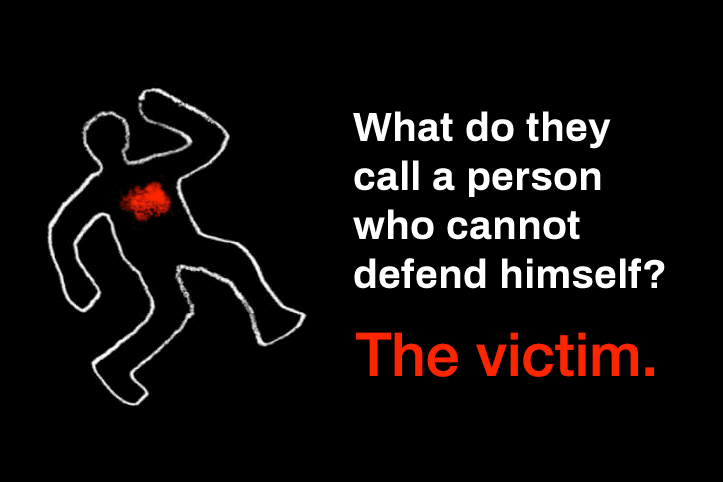We have recently been running a ladies only self defence course in a location in North Hampshire combining a mixture of practical self defence techniques and also the non physical ways to consider self protection. There are some general tips for self protection here.
On occasion we do see stories in the press where people have gone over the top, like the 2 brothers from High Wycombe who chased a burglar from their house and then beat him very badly and were in turn then charged and jailed for the use of excessive force.
See here for more information on this story
The Crown Prosecution Service gives the following definitions are to what constitutes reasonable force:
The Law and Evidential Sufficiency
- Self-defence is available as a defence to crimes committed by use of force.
- The basic principles of self-defence are set out in Palmer v R, [1971] A.C 814; approved in R v McInnes, 55 Cr. App. R. 551; see also (Archbold 19-41)
It is both good law and good sense that a man who is attacked may defend himself. It is both good law and good sense that he may do, but only do, what is reasonably necessary. - The common law approach as expressed in Palmer v R and other authorities, is also relevant to the application of Section 3 Criminal Law Act 1967 (Archbold 19-39):
A person may use such force as is reasonable in the circumstances in the prevention of crime, or in effecting or assisting in the lawful arrest of offenders or suspected offenders or of persons unlawfully at large. - Section 3 applies to the prevention of crime and effecting, or assisting in, the lawful arrest of offenders and suspected offenders. There is an obvious overlap between self-defence and section 3. However, section 3 only applies to crime and not to civil matters so, for instance, it cannot afford a defence in repelling trespassers by force, unless the trespassers are involved in some form of criminal conduct.
Reasonable Force
A person may use such force as is reasonable in the circumstances for the purposes of:
- self-defence; or
- defence of another; or
- defence of property; or
- prevention of crime; or
- lawful arrest.
In assessing the reasonableness of the force used, prosecutors should ask two questions:
- was the use of force necessary in the circumstances, i.e. was there a need for any force at all? And;
- was the force used reasonable / proportionate in the circumstances?
Courts Decisions
The courts have indicated that both questions are to answered on the basis of the facts as the accused honestly believed them to be (R v Williams (G) 78 Cr. App R 276), (R v Oatbridge, 94 Cr App R 367) and (Archbold 19-49).
To that extent it is a subjective test. There is, however, an objective element to the test. The jury must then go on to ask themselves whether, on the basis of the facts as the accused believed them to be, a reasonable person would regard the force used as reasonable or excessive.
It is important to bear in mind when assessing whether the force used was reasonable the words of Lord Morris in Palmer v R, 1971 A.C. 814;
If there has been an attack so that self defence is reasonably necessary, it will be recognised that a person defending himself cannot weigh to a nicety the exact measure of his defensive action. If the jury thought that that in a moment of unexpected anguish a person attacked had only done what he honestly and instinctively thought necessary, that would be the most potent evidence that only reasonable defensive action had been taken…
The fact that an act was considered necessary does not mean that the resulting action was reasonable (R v Clegg 1995 1 A.C. 482 HL) and (Archbold 19-41).
However, where it is alleged that a person acted to defend himself/herself from violence, the extent to which the action taken was necessary will, of course, be integral to the reasonableness of the force used.
In R v O’Grady 85 Cr App R 315 it was held by the Court of Appeal that a defendant was not entitled to rely, so far as self-defence is concerned, upon a mistake of fact which had been induced by voluntary intoxication.
SUMMARY
“Section 3 of the Criminal Law Act 1967 states “A person may use such force as is reasonable in the circumstances in the prevention of crime, or in effecting or assisting in the lawful arrest of offenders or suspected offenders or of persons unlawfully at large.”
Taster session
To book your FREE taster session get in touch with us.

